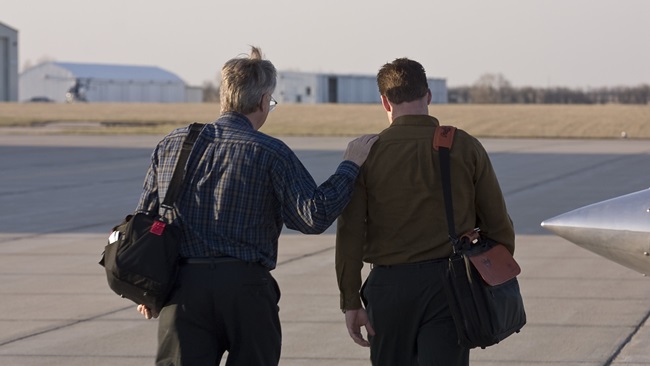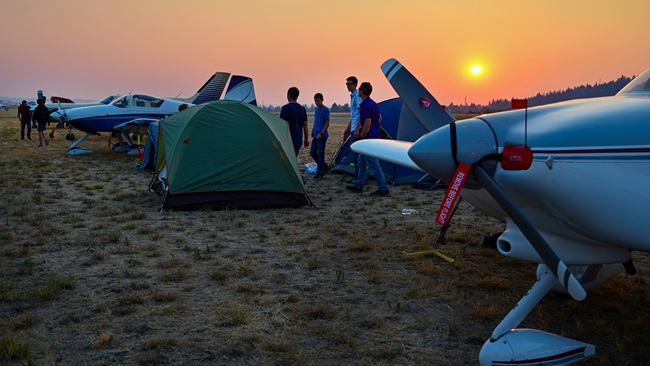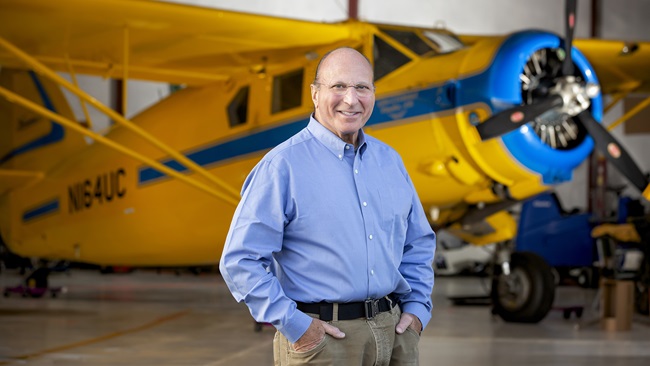Feel-good moment: Updating your BasicMed online course
It’s time for pilots who were the early movers that switched their medical qualification over to BasicMed two years ago to retake the Medical Self-Assessment course that is one of the program's requirements.

The good news is that the other part—the medical examination you got from a state-licensed physician—is valid for 48 months, twice as long as the online course. You must have a course completion certificate “that was issued by a BasicMed medical training course provider within the past 24 calendar-months.”
And did I mention that unlike your last FAA medical exam, the course is free?
The course—seven informative chapters followed by a 20-question quiz—is user friendly, doesn’t take long to complete, and comes with links and downloadable resources providing additional information on a wide variety of health topics of special interest to pilots. When you get to the part at the end where you fill in some information the FAA needs to update your records, include the same information you submitted last time about your 2017 medical exam because that has not changed.
I might sound like your dad telling you to eat your vegetables, but some of the course information is enlightening and entertaining for anyone curious about details of their body’s clever workings—for example, the number of times your heart beats in a day is pretty amazing. Other subjects provide compelling explanations about why certain conditions are worth paying attention to, both to make you a safer pilot and to safeguard your overall physical well-being.
For example, most pilots understand that reduced intake of oxygen affects them in a variety of areas from vision to cognition, and even consciousness. So why not review the symptoms of hypoxia and hyperventilation, and the altitudes of your susceptibility—which may be lower than you think or than the regulations imply. Maybe the course will give you that extra nudge to acquire a carbon monoxide detector and install it in your aircraft’s cabin.
A little congestion may not seem like a big deal sitting down at your computer. But underestimate what can happen at altitude with a sinus block, or in a descent with an ear block, and you can become an unhappy camper—that is, pilot—at a very inopportune moment.
The course reminds pilots who have previously been granted one special-issuance FAA medical what it means if a new condition crops up. It offers other pilots a way to assess the risk of letting body weight get a bit more out of hand than desired, and how that concern combined with other factors can raise the risk of various ailments.
Pilots are a clever bunch, and we know that certain things we do, or don’t do, like exercise, affect our health. But lacking specific motivation or a health scare, many fail to address the issue. What better way to find that motivation than to know that doing better helps us be able to keep flying? It’s what moves me to drag myself out of bed at 4:30 a.m. a few days a week to hit tennis balls before work.
Since you have to retake the BasicMed Medical Self-Assessment course anyway, let it become the spark that keeps you headed in a healthier direction long after you have enjoyed the feel-good moment of printing out your FAA-issued course completion certificate and storing it with your logbook.



